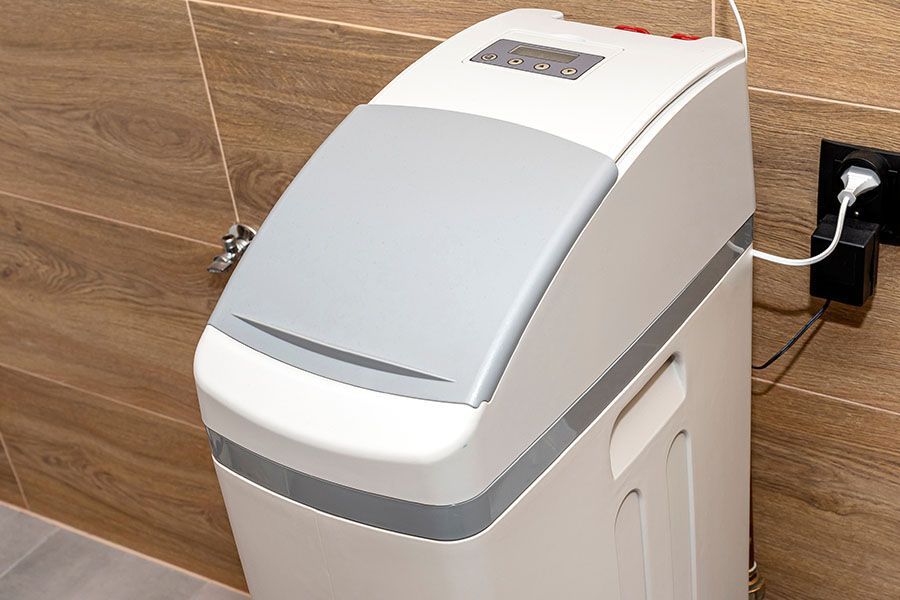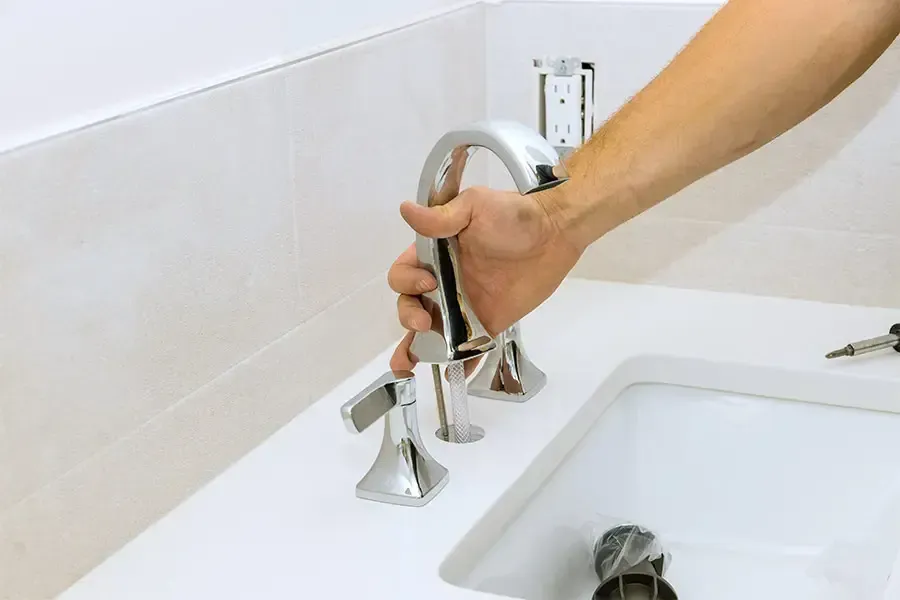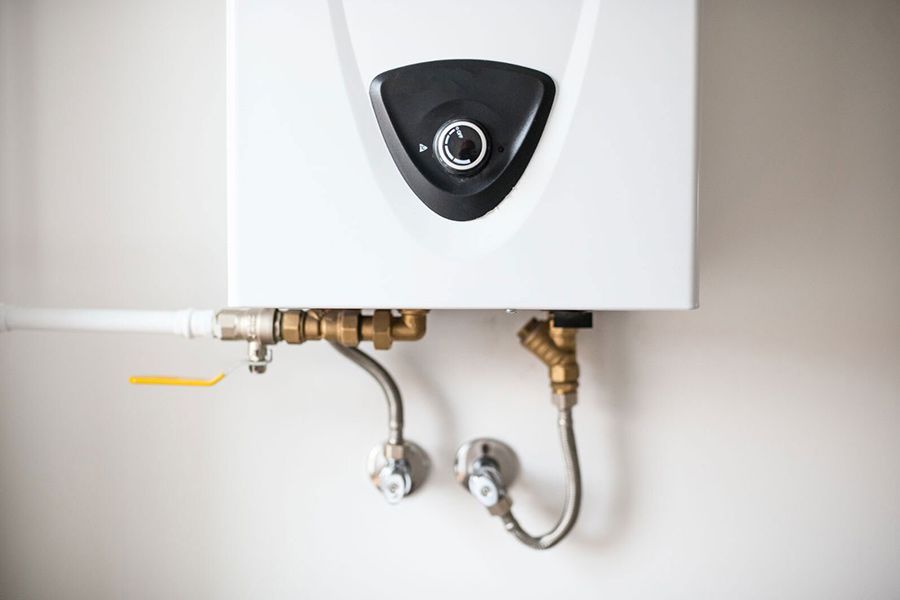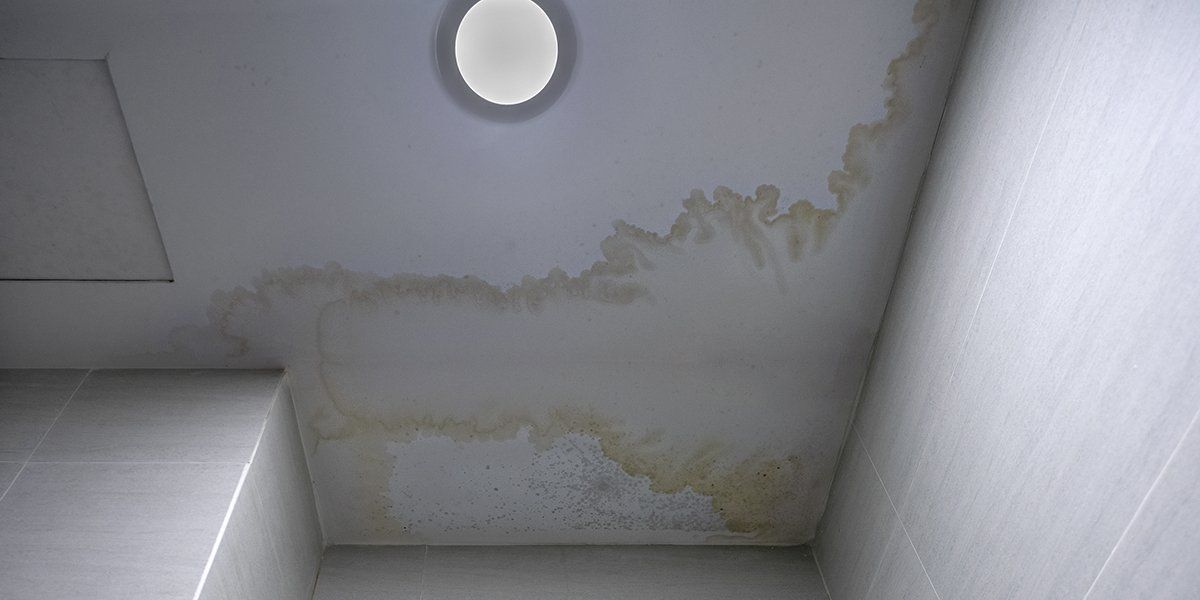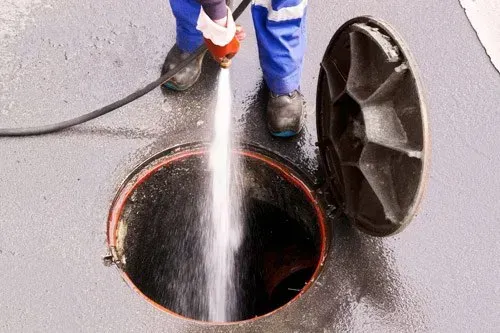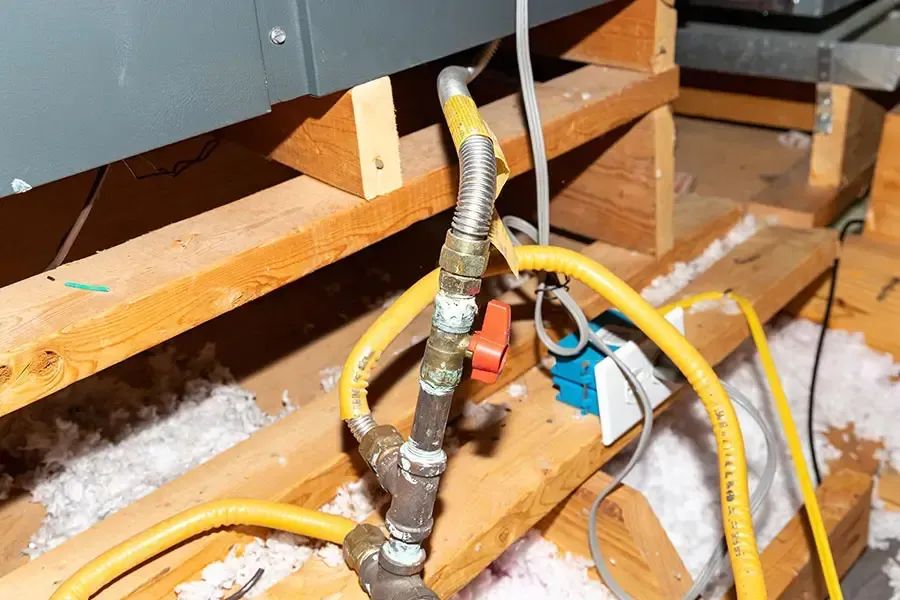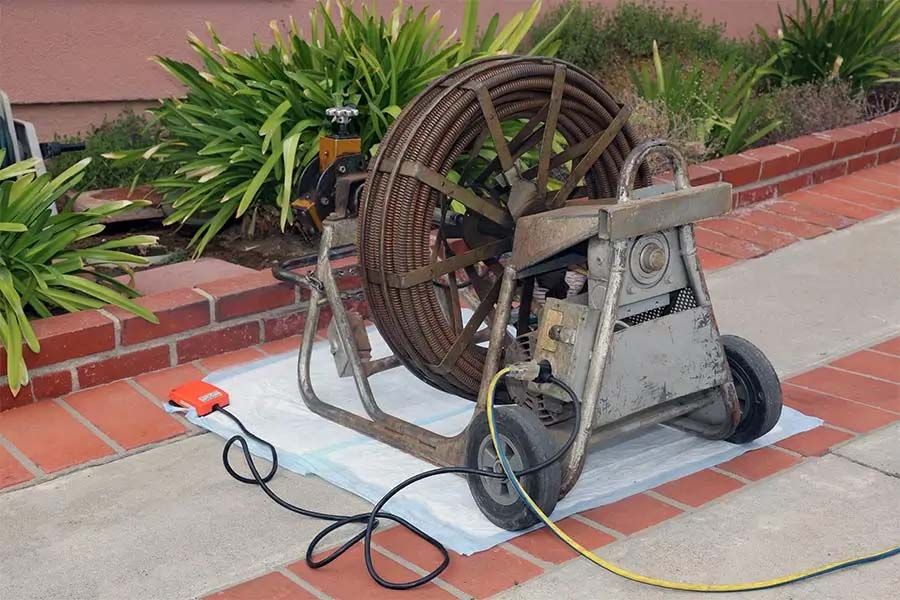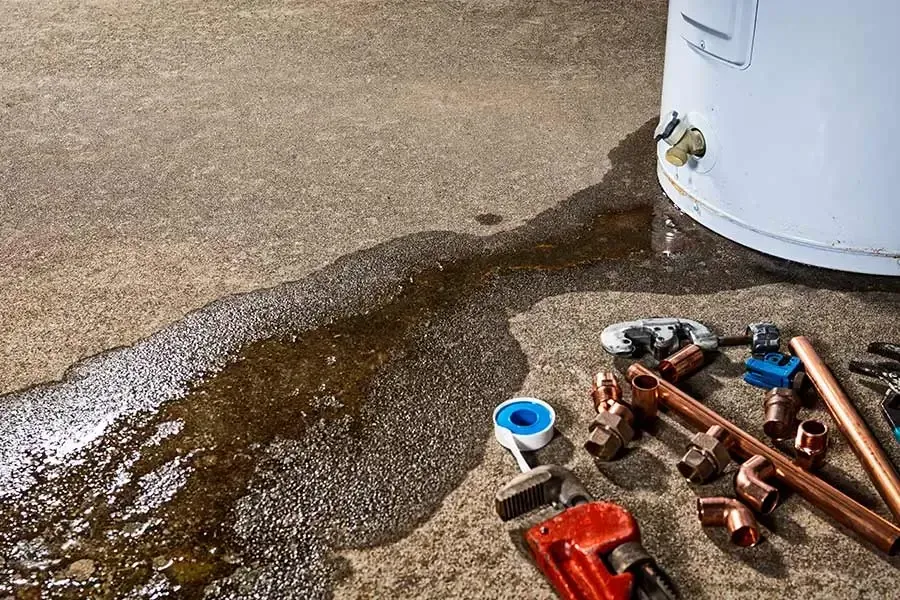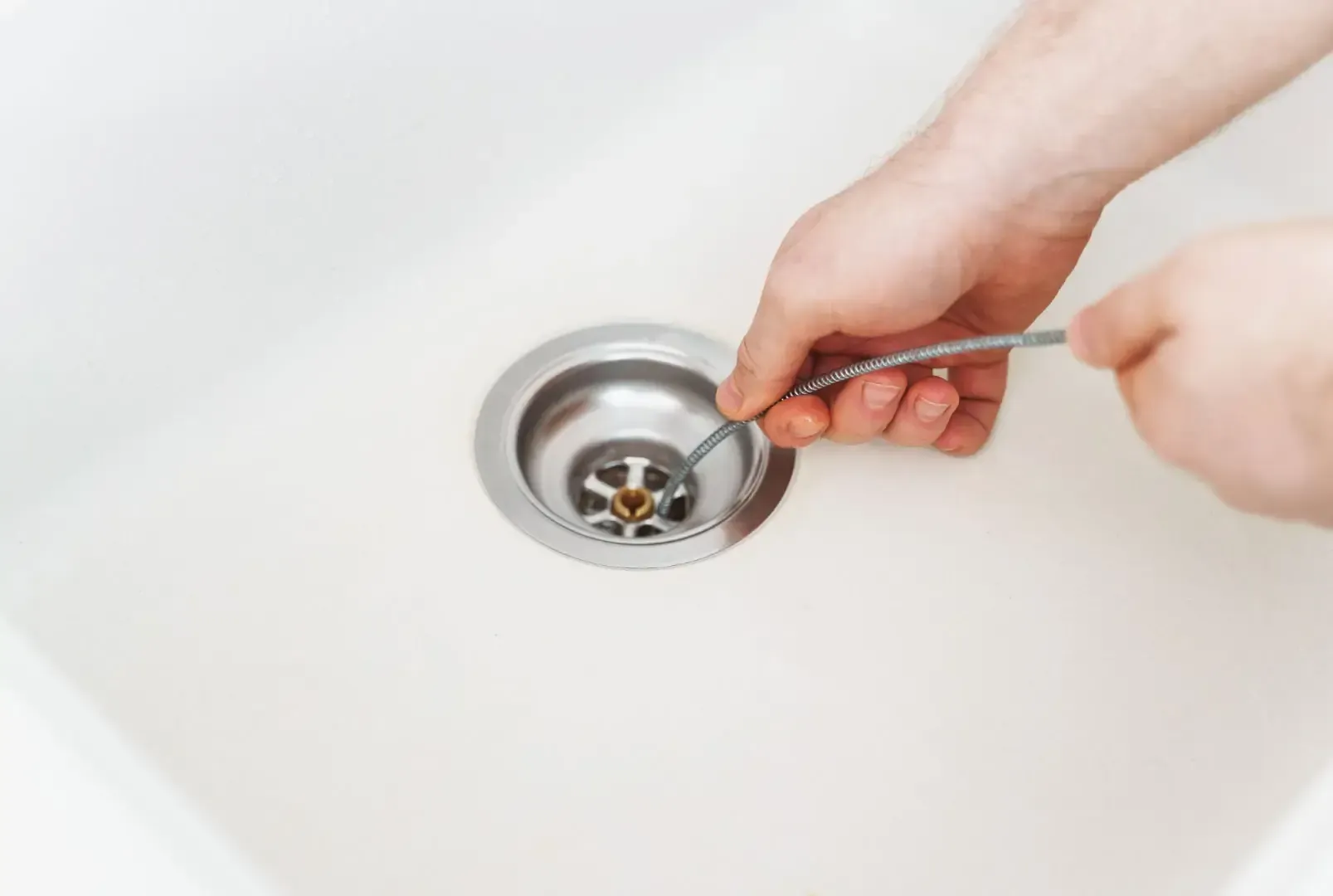Frequently Asked Plumbing Questions and Our Answers
As the most effective plumbers in Painesville, OH, Formica Plumbing and Sewer Co. experts know the answers to many of the most frequently asked plumbing questions. Our business has provided Ohio over 60 years of professional residential and commercial plumbing solutions. With experience in installing, repairing, and replacing plumbing, we know how to handle any plumbing issue.
Regardless of the building type, plumbing problems remain a constant concern. Many property owners run into similar issues, allowing us to provide solutions for homes and businesses. See if your problem's solution lies in our list of frequently asked plumbing questions.
What Should I Do if My Toilet Keeps Running?
A running toilet may not seem like an emergency, but if left alone long enough, you may see an increase in your water usage and energy bills. When your toilet continues running, the water trying to fill your tank uses the same amount of water as a running faucet. Stopping a toilet from continuously running helps you save money and stop that frustrating sound coming from your bathroom.
Many people notice that sometimes they can stop their toilet from running by jiggling the handle. Moving the handle around helps reseal the bottom of your tank by raising and readjusting the flap. If you can't stop your toilet from running, no matter how much you jiggle the handle, use the steps below to check for problems in your tank.
One: Remove the Lid
Take the top of your tank off and set it aside, propping it up or lying it down so it won't fall over and shatter. Look at the bottom of your tank and locate the flap that prevents water from exiting the tank.
Two: Try a Test Flush
Flush your toilet to see if the flap covers and seals the tank drain.
Three: No Seal? Check the Chain
The chain attached to your flapper may not allow for the flap to close all the way. Check your chain to ensure it hasn't broken, run your fingers along its length to feel for and fix chain kinks, and gently pull on it to test that your flapper seals correctly.
Running toilet issues top our list of frequently asked plumbing questions. If your toilet doesn't stop running, call Formica Plumbing and Sewer Co. at (440) 485-3850 for assistance.
What's the Difference Between Hard and Soft Water?
Hard water often carries minerals and sediments that change the water's taste, damage your skin or clothes, and wear down pipes, plumbing fixtures, and appliances. Soft water provides a gentler feel without harsh, damage-causing minerals. Homeowners wishing to soften incoming water should look into installing an ion exchange filter built to capture hard water minerals before they reach the pipes.
What Causes Most Drain Clogs?
Drains clog when items not intended to go down the drain block a pipe or build up to stop water from passing. In kitchens, food or grease may cause your drain to clog. Bathroom drain clogs usually consist of a ball of hair made slippery from oils and residue from soaps, shampoos, and other bath products.
Many clogs clear up by fishing out items blocking your water from draining. Homeowners can use various tools to clean their drains ranging from plungers, snakes, or a wire hanger. While you may consider a clogged drain an easy fix, drains that continue clogging may indicate a more significant problem.
If you attempt to unclog a drain with no success, a professional plumber can use an auger to check your pipes for potential problems. Augers operate like drain snakes with extra power and length, allowing deeper pipe inspections and improving clog removal efforts. A plumber can also warn you if the problem lies with a more severe issue, such as a tree root breaking into the pipe.
How Can I Prevent Frozen Pipes?
Especially during winter, frozen pipe problems turn into frequently asked plumbing questions. Frozen pipes can burst, causing damage to your home, surrounding plumbing fixtures, or nearby appliances. Use these tips to avoid frozen pipe mishaps:
- Insulate pipes under your home with foam pipe insulation
- Cover exterior water spigots with protective caps to insulate them from outside temperatures
- Open kitchen and bathroom cabinet doors to allow warm air to reach the sink pipes
- Never turn your heat down lower than 55 degrees Fahrenheit
Why Does My Hot Water Run Out So Fast?
Homeowners know the importance of long-lasting hot water, especially when it comes to:
- Baths and showers
- Hand washing dishes
- Using appliance sanitization features
If you can't even wash your hands without rushing to finish before your hot water runs out, you may have problems with your water heater. Exactly where the problem lies depends on whether you have an electric or gas water heater. Below you can learn about the most common issues associated with running out of hot water quickly.
Electric Water Heaters
These water heaters use two elements to heat your water. If you sometimes have hot water or have to wait a long time for your hot water to come through, the bottom element may have stopped working. You should replace the top element if you have no hot water.
Gas Water Heaters
Gas hot water tanks have a component called a dip tube that channels cold water to the bottom of the tank to heat up. Over time, your dip tube may degrade and shorten, mixing cold water with your hot water and lowering your tank's effectiveness. You can replace your dip tube for as little as $10, though if you prefer a professional, the price may cost around $150.
Sometimes, the best way to fix poor water heater performance may involve replacing or upgrading your water heater. Formica Plumbing and Sewer Co. can help you choose which water heater option best fits your property.
What Should I Do if I Have a Leak?
The answer to this question depends on the leak's location. Small, slow leaks from your faucet may indicate an issue in the faucet itself, while water steadily streaming from a pipe points to a much larger problem. In either case, use these steps to proceed.
One: Turn Off the Water
Toilets and sinks often have their own water turn-off valves. Once off, wait a few moments for the remaining water to finish draining, then wait, watch, and listen. If your water seems to have stopped leaking, the issue probably lies within that particular water fixture.
Two: Water Still Running? Shut Off the Main Valve
Find and turn off your main water shutoff valve if you continue noticing a water leak. Shutting off the main valve stops all water from coming into your home, ending the potential for significant water damage. Note the area you discovered the leak in and call the professionals at Formica Plumbing and Sewer Co. at (440) 485-3850.
Providing Plumbing Solutions for Every Ohio Home and Business
Google and YouTube will only take you so far when you face plumbing problems. Trust experienced plumbers to help you solve any plumbing issue you have. Call (440) 485-3850 and bring your frequently asked plumbing questions to the professionals at Formica Plumbing and Sewer Co.
Are you worried about a leak in your home or business but can't seem to find it? Learn more about our water leak detection and repair service.
